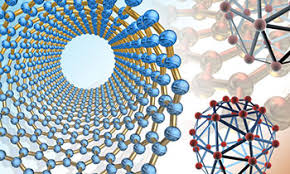Mechanical and Materials Engineering, Department of

Department of Mechanical and Materials Engineering: Faculty Publications
Document Type
Article
Date of this Version
10-19-2020
Citation
ACS Appl Bio Mater. 2020 October 19; 3(10): 6661–6671. doi:10.1021/acsabm.0c00439.
Abstract
The ability to generate chemical and mechanical gradients on chips is important both for creating biomimetic designs or enabling high-throughput assays. However, there is still a significant knowledge gap in the generation of mechanical and chemical gradients in a single device. In this study, we developed gradient-generating microfluidic circuits with integrated microchambers to allow cell culture and to introduce chemical and mechanical gradients to cultured cells. A chemical gradient is generated across the microchambers, exposing cells to a uniform concentration of drugs. The embedded microchamber also produces a mechanical gradient in the form of varied shear stresses induced upon cells among different chambers as well as within the same chamber. Cells seeded within the chambers remain viable and show normal morphology throughout the culture time. To validate the effect of different drug concentrations and shear stresses, doxorubicin is flowed into chambers seeded with skin cancer cells at different flow rates (from 0 to 0.2 μl/min). The experimental results show that increasing doxorubicin concentration (from 0 to 30 μg/ml) within chambers not only prohibits cell growth, but also induces cell death. In addition, the increased shear stress (0.005 Pa) at high flow rates poses a synergistic effect on cell viability by inducing cell damage and detachment. Moreover, the ability of the device to seed cells in a 3D microenvironment was also examined and confirmed. Collectively, the study demonstrates
Included in
Mechanics of Materials Commons, Nanoscience and Nanotechnology Commons, Other Engineering Science and Materials Commons, Other Mechanical Engineering Commons


Comments
HHS Public Access